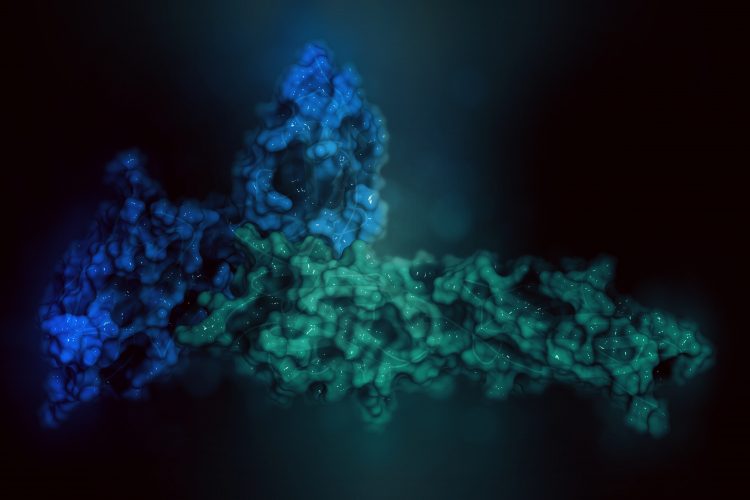Activating c-Cbl gene causes immune system to attack cancer cells
Posted: 3 January 2020 | Hannah Balfour (Drug Target Review) | No comments yet
Upregulation of the c-Cbl gene causes degradation of the immune checkpoint protein PD-1 and may provide a possible new avenue for cancer therapies, according to researchers.


Researchers from Boston University School of Medicine, US have revealed that c-Cbl, a gene coding for the E3 ubiquitin-ligase, is a negative regulator of cell surface signalling that can degrade the protein PD-1 and promote T-cell attacks on cancer cells.
PD-1 is an immune checkpoint protein that recognises body tissues as belonging to the host and inhibits T-cell activation against them. Cancer cells regularly over-express PD-1 and therefore silence the immune system challenging them. The scientists suggest that manipulating c-Cbl’s ability to regulate expression of PD-1 may be beneficial in the treatment of certain cancers including melanoma, bladder, kidney, breast and non-small-cell lung cancers.
By comparing the growth of implanted tumours in a model modified to be missing one copy of the c-Cbl gene and a control with both copies of c-Cbl, researchers examined the effect of the gene on immune cells, finding that tumour growth was greater in the modified model.
The team hope it may soon be possible to develop therapies that will inhibit tumour growth by upregulating c-Cbl and promoting E3 ubiquitin-ligase activity.
“While drugs targeting PD-1 are currently available for clinical use and such agents command a global market cap of more than $3 billion, only a small fraction of cancer patients respond to them. This trend suggests a need for agents that work simultaneously on more than one cancer-causing mechanism. Activating c-Cbl will degrade several proteins that contribute to tumour formation allowing the effects of its actions to go above and beyond PD-1 medications alone,” explained Vipul Chitalia, MD, PhD, corresponding author and associate professor of medicine at Boston University School of Medicine.
These findings appear in Scientific Reports.
Related topics
Disease Research, Drug Targets, Immuno-oncology, Oncology, Protein Expression, Targets
Related conditions
Bladder cancer, Breast cancer, Kidney Cancer, Melanoma, Non-small-cell lung cancers
Related organisations
Boston University School of Medicine (BUSM)
Related people
Vipul Chitalia MD PhD








